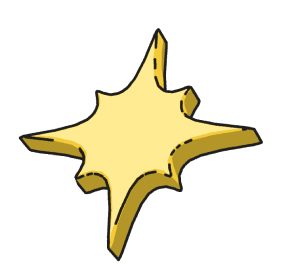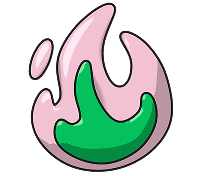Bachelor of Design (BDes)
Design
A course by
University of Auckland
Gain conceptual, technical, and creative skills in design to prepare for a wide range of careers in this future-focused, interdisciplinary degree.
In-person study
Face-to-face learning in a physical classroom setting
City, Auckland
It will take a total of 3 years
Core skills this course teaches

Develop design thinking and creative problem-solving skills
Students will learn to apply design methods to solve social, political, environmental, and business challenges.

Gain hands-on experience through real-world projects
Participate in project briefs and case studies that foster practical skills in designing, making, and prototyping.

Understand research methodologies in design
Acquire the ability to conduct independent research and critique design outcomes through a capstone project.
What You're Signing Up For
The Bachelor of Design at the University of Auckland offers a broad study of design principles, methods, and their application to solve contemporary and future challenges. The programme combines research, real-world project briefs, and flexible electives in areas like design and local communities, global challenges, business, and emerging technologies. Students develop skills in both digital and physical prototyping, creative problem-solving, and critical thinking, culminating in a capstone design research project.
Course Content
- Design methods and processes
- Design theory and fundamentals
- Creative communities
- Design research methodologies
- Design research practice
- Advanced design methods capstone
- Electives in: Design and Local Community Practices; Design and Global Challenges; Design and Business; Design and Emerging Technologies
- Case studies and real-world project briefs
- Research and prototyping using digital and material technologies
- Personalised elective pathways
What you need to know first
University entrance qualification
Academic English Language Requirement

What sort of industry will this job lead to
Creative Industries
Technology
Business
Product Development

Future employment opportunities might be
Design strategist
Experience designer
Innovation manager
Interface designer
Product designer
Service designer
Interaction designer
Information designer